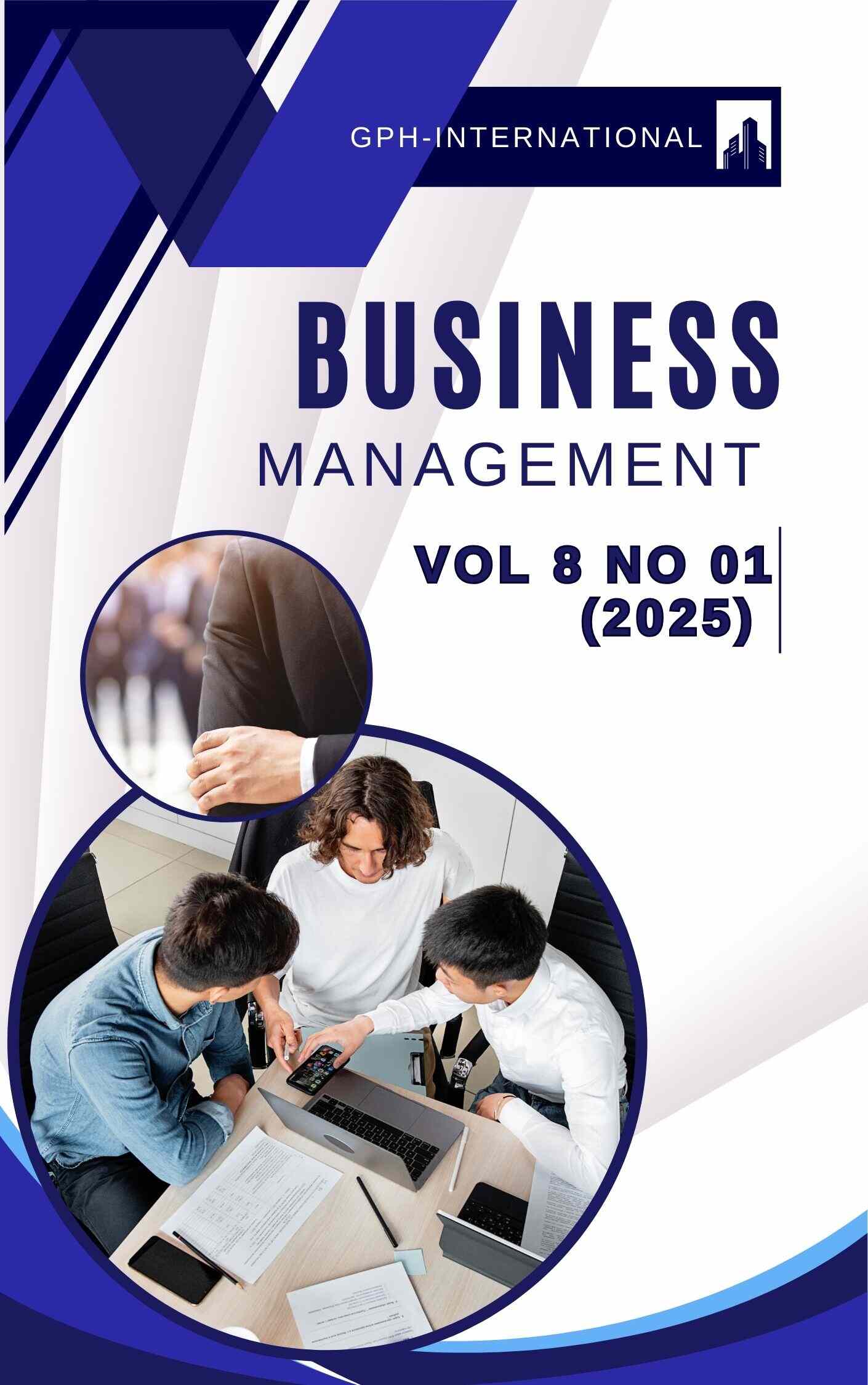The effects of incentives and rewards in motivating virtual assistants in Naga City, Camarines Sur
Abstract
The shift to remote work has reshaped employment practices, highlighting the essential role of virtual assistants (VAs) in supporting businesses globally. This study investigated the effects of incentives and rewards on motivating VAs in Naga City, Camarines Sur. Specifically, it aimed to determine the types of monetary and non-monetary incentives most effective in motivating VAs, examine how these incentives influence work efficiency, productivity, and job satisfaction, and propose an enhancement program to sustain and improve motivation. Using a mixed-methods approach, the study surveyed 100 respondents to gather data on the motivational impact of various rewards. Findings revealed that tailored incentives, such as productivity bonuses and non-monetary recognitions like professional growth opportunities, significantly enhance work performance and satisfaction. Guided by Herzberg’s Two-Factor Theory and Vroom’s Expectancy Theory, an enhancement program was designed to address VAs' needs. This program includes skill development workshops, wellness initiatives, and recognition schemes to foster engagement and collaboration. The study offers valuable insights for employers and stakeholders on optimizing remote workforce management through structured motivational strategies. Implementing these approaches ensures a more productive and satisfied VA workforce, contributing to organizational success in an increasingly competitive digital economy. This research highlights the importance of aligning incentives with employee needs to achieve sustainable workplace motivation, and more engaged, productivity driven work force in delivering organizational success.
Downloads
References
Adams, J. S. (1965). Inequity in social exchange. In L. Berkowitz (Ed.), Advances in experimental social psychology (Vol. 2, pp. 267–299). Academic Press.
Aquino, J., & Cruz, P. (2021). The Filipino Virtual Workforce: Opportunities and Challenges in Remote Work Settings. Philippine Journal of Labor Studies, 45(2), 123–137.
Arrowsmith, J., McGoldrick, J., & Green, C. P. (2017). Reward systems and performance. International Journal of Human Resource Management, 28(4), 567–590.
Armstrong, M. (2021). Armstrong’s handbook of reward management practice: Improving performance through reward. Kogan Page Publishers.
De Leon, M., & Santos, R. (2020). Impact of Incentives on Remote Worker Productivity in the Philippines: A Quantitative Approach. Journal of Human Resource Development, 12(3), 45–58.
Deci, E. L., & Ryan, R. M. (1985). Intrinsic motivation and self-determination in human behavior. Springer Science & Business Media.
Herzberg, F. (1968). Work and the Nature of Man. New York, NY: World Publishing Company.
Herzberg, F. (1968). One more time: How do you motivate employees? Harvard Business Review, 46(1), 53-62.
International Labour Organization (ILO). (2022). The Future of Work in Remote Settings: Key Insights and Recommendations. Geneva: ILO Publications.
Upwork. (2023). Remote Work Trends and the Role of Virtual Assistants. Retrieved from https://www.upwork.com
The authors and co-authors warrant that the article is their original work, does not infringe any copyright, and has not been published elsewhere. By submitting the article to GPH-International Journal of Business Management, the authors agree that the journal has the right to retract or remove the article in case of proven ethical misconduct.




























